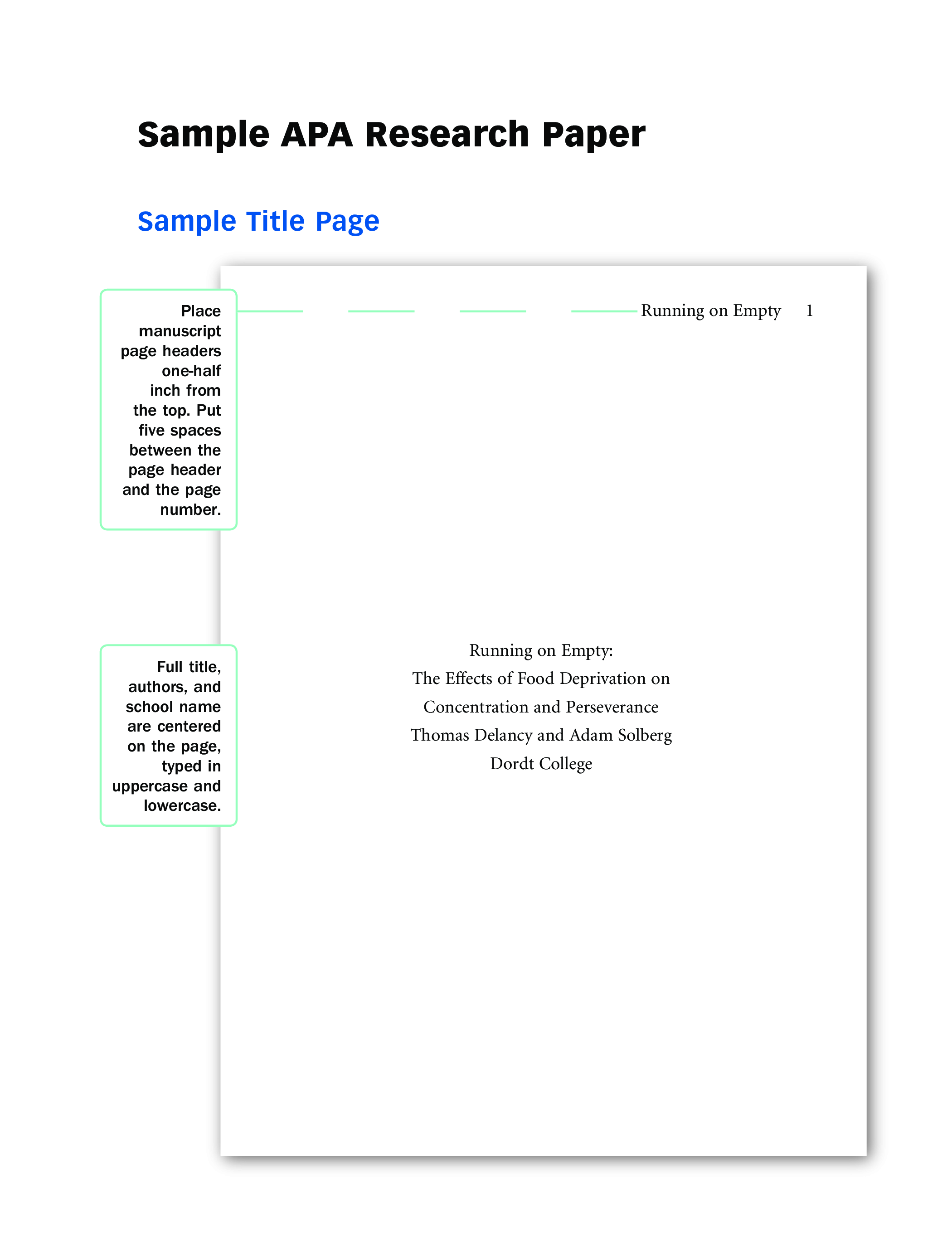Research Paper template
Save, fill-In The Blanks, Print, Done!

Download Research Paper template
Adobe Acrobat (.pdf)- This Document Has Been Certified by a Professional
- 100% customizable
- This is a digital download (624.28 kB)
- Language: English
- We recommend downloading this file onto your computer.
How to compile an academic Research Paper? Are you looking for a template for your Research Paper? Our templates are easy to use and designed to help you create a professional research paper. We also offer helpful tips and advice on how to write an effective research paper. Download this Research Paper template that will perfectly suit your needs!
A research paper is a scholarly document that presents the results of original research or investigation on a particular topic. It is a formal piece of academic writing that contributes new knowledge, insights, or perspectives to a specific field of study. Research papers are a common assignment in higher education and are often published in academic journals.
Compiling an academic research paper involves several key steps. Here's a general guide to help you through the process:
- Choose a Topic:
- Select a research topic that is of interest to you and relevant to your field of study.
- Conduct a Literature Review:
- Review existing literature to understand the current state of knowledge on your chosen topic. Identify gaps in the literature that your research can address.
- Formulate a Research Question or Hypothesis:
- Clearly define your research question or hypothesis. This will guide the rest of your research.
- Develop a Research Plan:
- Outline the methodology you will use to conduct your research. Specify the research design, data collection methods, and analysis techniques.
- Collect Data:
- Carry out your research and collect relevant data. Ensure that your data collection methods are rigorous and align with your research plan.
- Organize Your Findings:
- Analyze your data and organize your findings. Use tables, charts, graphs, or other visual aids to present data effectively.
- Write the Introduction:
- Introduce your research paper with background information on the topic, the significance of your study, and the research question or hypothesis.
- Write the Literature Review:
- Provide a comprehensive review of the relevant literature. Discuss previous studies and their findings, highlighting the gaps your research aims to fill.
- Present Your Methodology:
- Describe your research design, participants, data collection methods, and analysis procedures. Ensure that your methodology is detailed enough for others to replicate your study.
- Present Your Results:
- Present your findings in a clear and organized manner. Use text, tables, and figures to convey your results effectively.
- Discuss Your Findings:
- Interpret your results and discuss their implications. Address any limitations of your study and suggest avenues for future research.
- Write the Conclusion:
- Summarize the main findings of your study and their significance. Restate your research question or hypothesis and discuss the broader implications of your work.
- Write the Abstract:
- Summarize your entire paper in a concise abstract. Highlight the key objectives, methods, results, and conclusions.
- Create Citations and References:
- Cite all the sources you used in your paper following the appropriate citation style (APA, MLA, Chicago, etc.).
- Proofread and Edit:
- Carefully proofread your paper for grammatical errors, clarity, and coherence. Consider seeking feedback from peers or mentors.
- Format Your Paper:
- Ensure that your paper follows the formatting guidelines specified by the target journal or conference.
- Submit Your Paper:
- Submit your research paper to a relevant journal or conference, following their submission guidelines.
Remember to consult the specific guidelines provided by the target publication venue or institution, as requirements can vary. Additionally, seek feedback from mentors or colleagues to improve the quality of your paper.
Download this ready-to-use and easily customizable Research Papers template now!
DISCLAIMER
Nothing on this site shall be considered legal advice and no attorney-client relationship is established.
Leave a Reply. If you have any questions or remarks, feel free to post them below.
Research Templates
We provide a professional fundamental and applied research template collection. Check out and download the most suitable sample research templates in Word or PDF!
Read moreRelated templates
Latest templates
Latest topics
- GDPR Compliance Templates
What do you need to become GDPR compliant? Are you looking for useful GDPR document templates to make you compliant? All these compliance documents will be available to download instantly... - Google Docs Templates
How to create documents in Google Docs? We provide Google Docs compatible template and these are the reasons why it's useful to work with Google Docs... - IT Security Standards Kit
What are IT Security Standards? Check out our collection of this newly updated IT Security Kit Standard templates, including policies, controls, processes, checklists, procedures and other documents. - Letter Format
How to format a letter? Here is a brief overview of common letter formats and templates in USA and UK and get inspirited immediately! - Google Sheets Templates
How to work with Google Sheets templates? Where to download useful Google Sheets templates? Check out our samples here.
cheese

